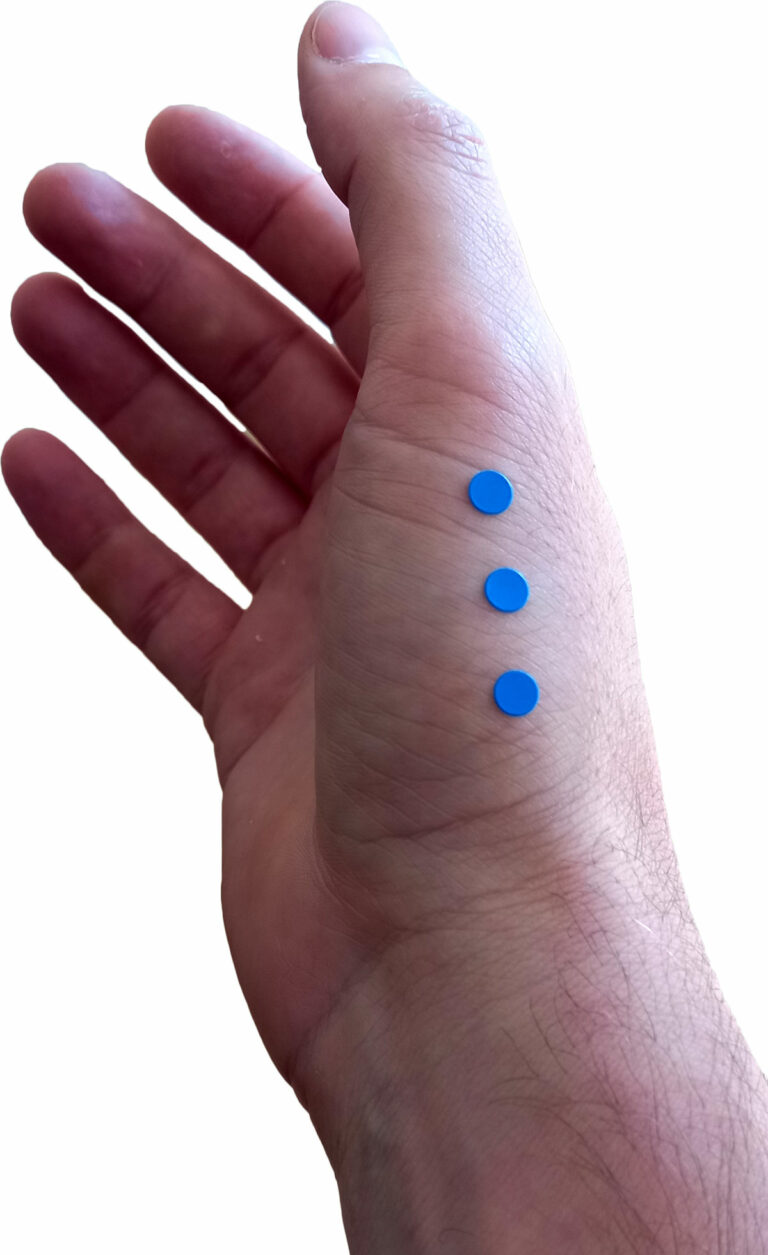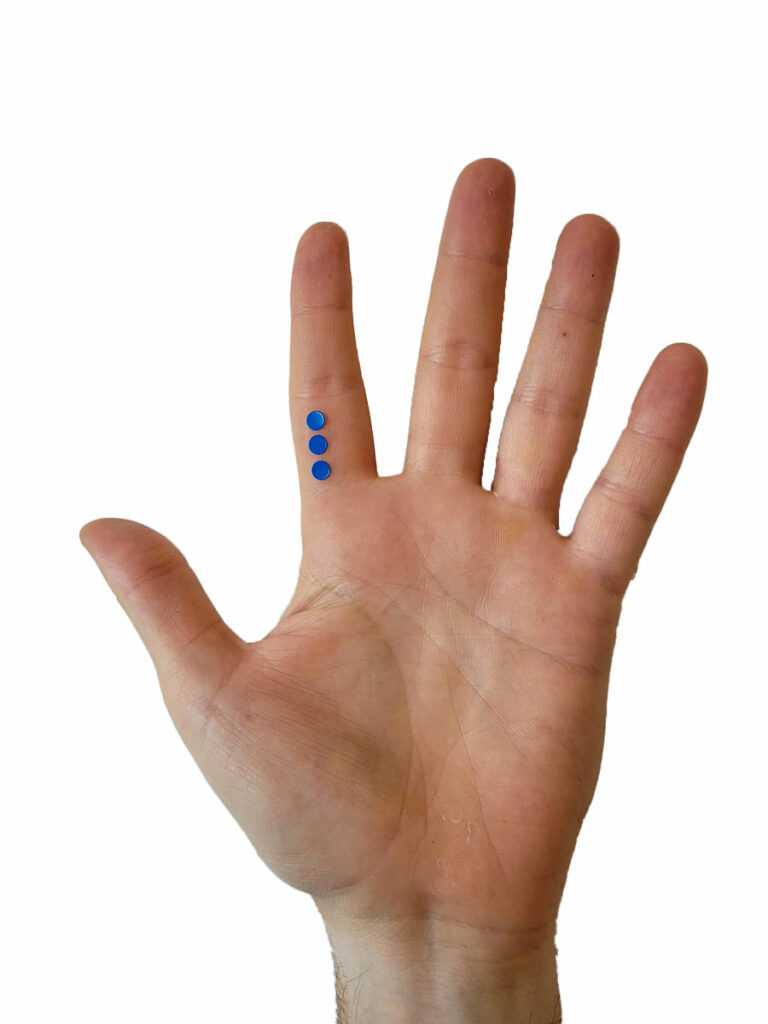Hypericum perforatum is a perennial plant with yellow flowers that grows wild in many parts of the world, including Europe, Asia and the United States. The common name St John’s wort comes from the fact that its flowers and buds were commonly harvested at the time of the mid-summer festival which was later Christianized as St John’s feast day on June 24th [1].
Like most medicinal plants, more than 20 active substances are known in the plant, and each of them has its own unique effects while the contribution to health and effectiveness of these components is greater than that of each of them individually. This also means that it has less side effects than synthetic chemicals and many drugs that are composed of single, isolated components.
Efficacy and safety
Several studies and research reviews have supported the efficacy of Hypericum as a treatment for depression. The available evidence suggests that hypericum is superior to placebo in patients with major depression and similarly effective as standard anti-depressants with fewer side effects than standard anti-depressants [2].
Research suggests that Hypericum suppresses monoamine oxidase, an enzyme that breaks down neuro-transmitters. It is therefore likely that it increases the availability of the anti-depressant neurotransmitters, including serotonin, norepinephrine and dopamine and its activity is similar to various anti-depressants medications. Moreover, from trials that assess the efficacy and safety of hypericum in the treatment of mild-to-moderate depression, it was concluded that it is effective and safe, with minimal side effects [3]. The use of Hypericum during pregnancy or breastfeeding has not been approved in the US, although there is no evidence that Hypericum is harmful to fetuses or nursing infants. In Europe, there is no restriction on it.
Hypericum may interact with monoamine oxidase inhibitors, which are another class of anti-depressants and it’s advised not to take it with those medications. Consult with your doctor if you take any other anti-depressants medications.
Few studies about antidepressants effectiveness and side effects
- A study from the British Journal of Psychiatry has shown that the difference between anti-depressants and placebo is smaller than expected. In other words, anti-depressants are probably not significantly more effective than drinking water [4].
- Anti-depressants increase the risk to develop heart diseases and sudden heart attack, even when given in low doses [5].
- Paroxetine, a selective serotonin reuptake inhibitor (SSRI), which is a very commonly used anti-depressants, may affect sperm motility and may thus have a negative impact on male fertility [6].
- The European Journal of Clinical Pharmacology reported that patients who received anti-depressants medications had an increase in the development of type 2 diabetes [7].
Hypericum may be considered to use in the following conditions:
Mild to moderate depression which also includes seasonal affective disorder
Anxiety
Menopause
Premenstrual syndrome (PMS)
premenstrual dysphoric disorder (PMDD)
Primary insomnia
How to use Hypericum
There are many forms of this plant and in some countries you can find medications, which are based in the active ingredient of the plant. The most common forms are tincture or tablets (raw powder). There are usually no withdrawal symptoms when you stop taking it, so you can stop and start again whenever there is a need. After a few months of use, it is appropriate to re-evaluate whether there is still a need to take the Hypericum, and if so, in what dosage. To do this, the dose should be reduced gradually and not to stop at once.
General recommendations
- Omega-3 is an essential fatty acid and among its various beneficial effects, it’s also important for mood regulation and can be a good option treating depression.
- Vitamin D is considered to be an important factor that influences symptoms of depression, negative emotions, and quality of life. Always combined it with Omega-3.
- Doing physical exercise regularly is great for both physical and mental well being. Swimming is recommended but any type of sports will do the job.
Sources:
- https://en.wikipedia.org/wiki/Hypericum_perforatum
- Linde K, Berner MM, Kriston L. St John’s wort for major depression. Cochrane Database of Systematic Reviews 2008, Issue 4. Art. No.: CD000448. DOI: 10.1002/14651858.CD000448.pub3.
- The Lancet, volume 355, issue 9203, Feb 2000 https://doi.org/10.1016/S0140-6736(05)73224-4
- Assessing the ‘true’ effect of active antidepressant therapy v. placebo in major depressive disorder: use of a mixture model; Thase ME, Larsen KG, Kennedy SH; (British Journal of Psychiatry 199 501-7, Dec 2011)
- Sicouri S, Antzelevitch C. Sudden cardiac death secondary to antidepressant and antipsychotic drugs. Expert Opin Drug Saf. 2008 Mar;7(2):181-94. doi: 10.1517/14740338.7.2.181. PMID: 18324881; PMCID: PMC2365731.
- Tanrikut C, Schlegel PN. 2007. Antidepressant-associated changes in semen parameters. Urology 69(1):185.e5-7.
- Use of antidepressant agents and the risk of type 2 diabetes; Khoza S, Barner JC, Bohman TM, Rascati K, Lawson K, Wilson JP; (European Journal of Clinical Pharmacology, Nov 2011)




